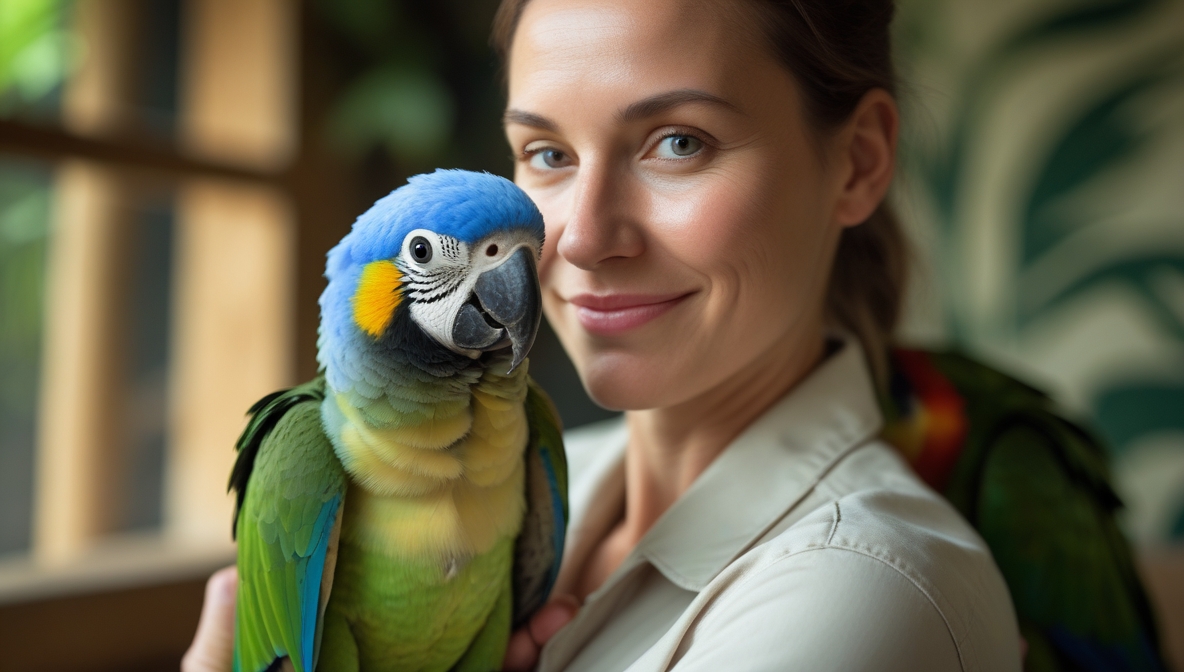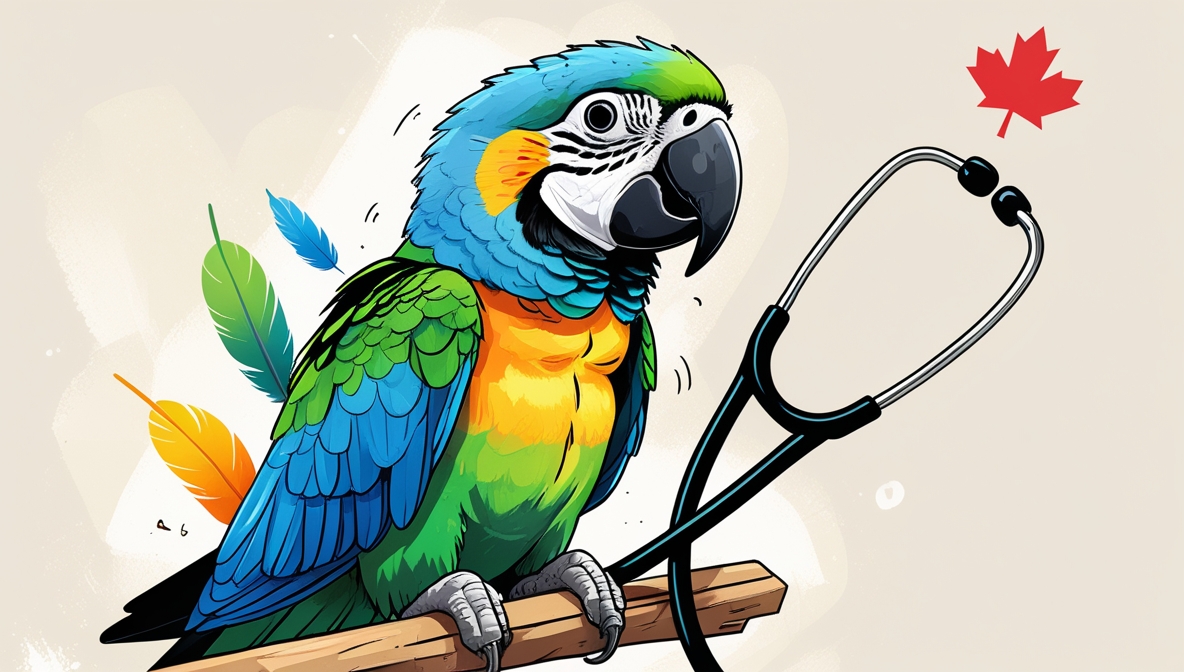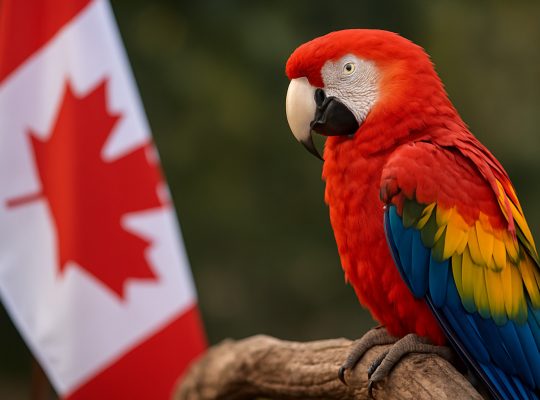Parrots are intelligent, social, and long-lived companions. Finding a responsible breeder ensures that these birds are raised in environments that support their physical and mental well-being. Ethical breeding practices prioritize the health, socialization, and future of each parrot, helping to prevent long-term behavioral and medical issues.
Signs of a Responsible Parrot Breeder
1. Transparency and Willingness to Share Information
A reputable breeder provides detailed information about their breeding practices, housing conditions, and the lineage of their birds. They welcome potential buyers to visit their facility, either in person or virtually, and openly discuss the health history and care requirements of their parrots.
2. Clean and Spacious Housing
Parrots require space to fly, climb, and interact. Ethical breeders maintain aviaries or enclosures that allow for natural movement and socialization. Cleanliness is a key indicator of responsible care, with fresh food, clean water, and well-maintained perches and toys.
3. Socialization and Early Development
Parrots thrive on interaction. Ethical breeders handle and expose their birds to different experiences from an early age, ensuring they are well-adjusted and comfortable around humans. Chicks should be raised in environments where they learn essential behaviors from their parents or siblings.
4. Health and Veterinary Care
Regular check-ups with an avian veterinarian help ensure that breeding pairs and chicks remain in good health. A responsible breeder provides documentation of vaccinations, disease testing, and any necessary medical treatments.
5. Proper Diet and Nutrition
Breeding birds and their offspring require a diverse diet rich in fruits, vegetables, pellets, and occasional seeds. Breeders who prioritize nutrition produce healthier birds with stronger immune systems and better feather quality.
6. Selective Breeding for Health, Not Just Appearance
Some breeders focus solely on producing rare or exotic color mutations, sometimes at the cost of the bird’s health. Ethical breeders prioritize genetic diversity and overall well-being, avoiding inbreeding and genetic disorders.
7. No Mass Production or Overbreeding
High-volume breeding facilities often compromise the health and welfare of their birds. Ethical breeders limit the number of clutches per year, allowing parent birds adequate time to rest and recover between breeding cycles.
8. A Strong Commitment to Education
A breeder’s responsibility doesn’t end when a bird is sold. Ethical breeders provide guidance on proper care, training, diet, and veterinary needs, ensuring new owners have the knowledge and resources necessary for lifelong parrot care.
9. Screening Potential Buyers
Responsible breeders don’t sell to just anyone with the funds to buy a bird. They ask questions about the buyer’s experience, home environment, and long-term commitment to ensure their birds are placed in appropriate, permanent homes.
10. Willingness to Take Birds Back if Needed
Circumstances change, and sometimes owners are unable to keep their parrots. A responsible breeder has a policy in place to take back birds or assist in rehoming them rather than leaving them to uncertain fates.
Red Flags to Avoid
Not all breeders operate with ethical standards. Here are warning signs to watch for:
- Lack of Health Guarantees – A breeder unwilling to provide health records or veterinary documentation may not be ensuring proper care.
- Dirty or Overcrowded Conditions – Birds kept in cramped, unclean environments are more prone to stress and disease.
- Selling Unweaned Chicks – Some breeders sell baby parrots before they are fully weaned, which can lead to serious developmental and health issues.
- No Interest in the Buyer’s Experience – A breeder who does not ask about the buyer’s experience or home setup may be more interested in profit than in the bird’s welfare.
- Excessive Breeding Pairs – Facilities that house dozens of breeding pairs and constantly have young chicks available may be prioritizing quantity over quality care.
Why Ethical Breeding Matters
Parrots can live for decades and require significant care, attention, and socialization. Ethical breeding practices help prevent behavioral problems, reduce the number of unwanted parrots in rescues, and promote the long-term health of these birds. Choosing a responsible breeder supports better welfare standards and ensures that future generations of parrots are raised in conditions that respect their needs.




